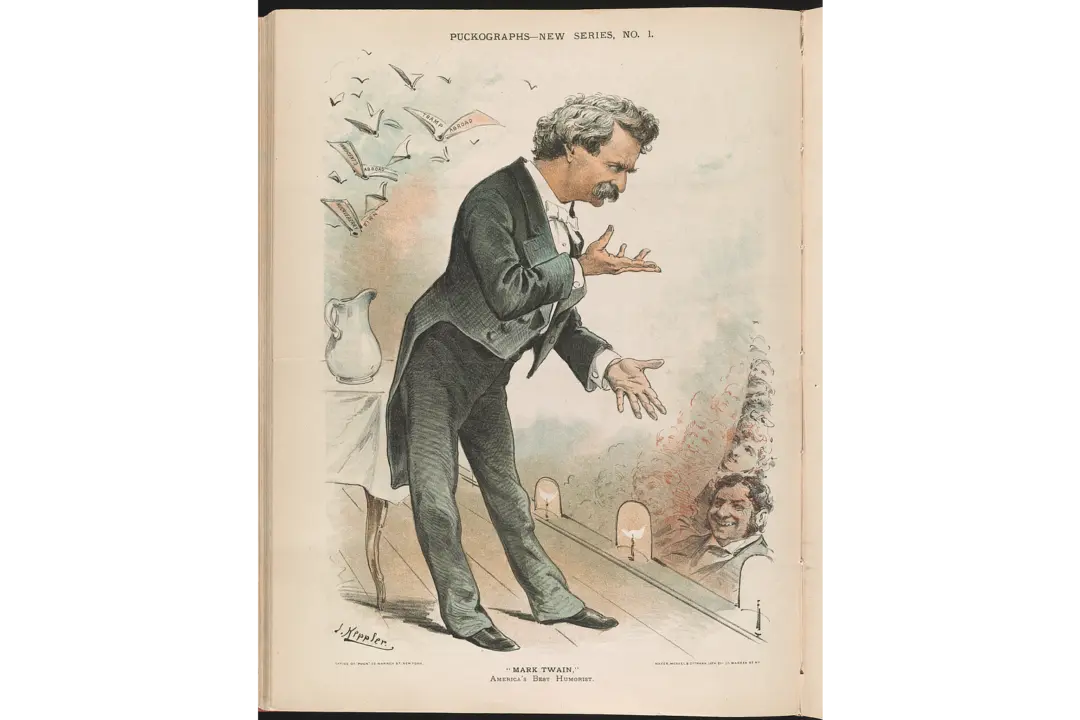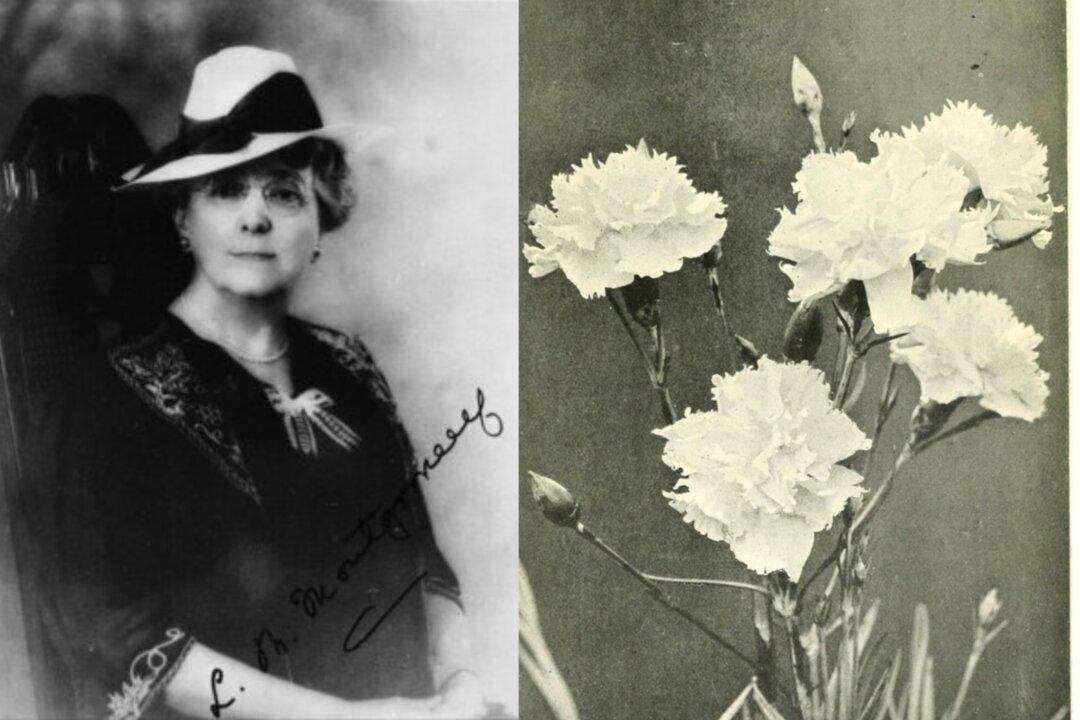In his short story “A Good Name,” T.S. Arthur (1809–1885) demonstrates how easily we can lose our good name by our associations. He shows how, when Jacob Peters disregards what people think of him, his associations taint his good name and ruin his success in business.
As young Peters walks with his friend Ralph Gilpin, they pass by an oyster-cellar, known for selling liquor. Peters suggests that they get oysters, but Gilpin objects, fearing his name will be ruined if someone sees him go inside.






